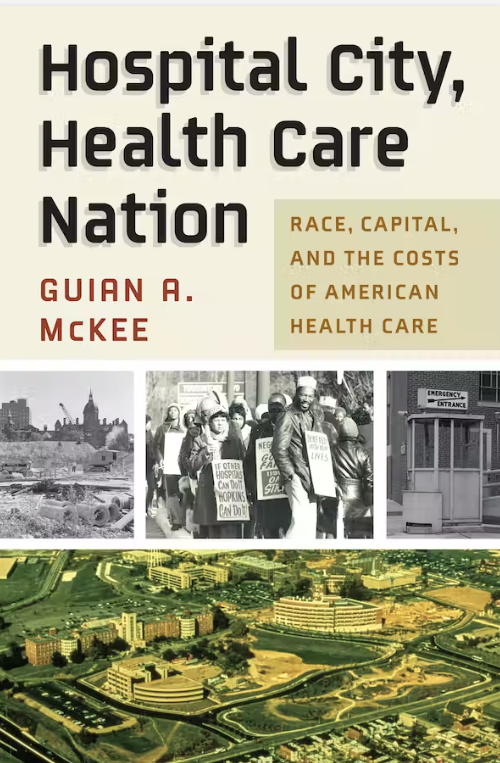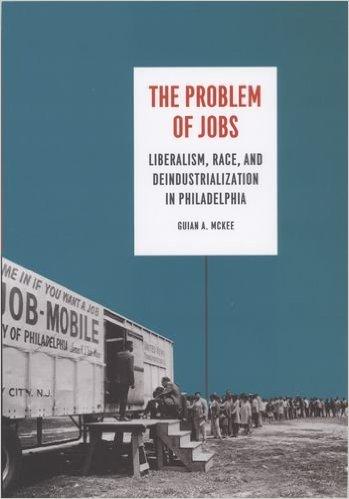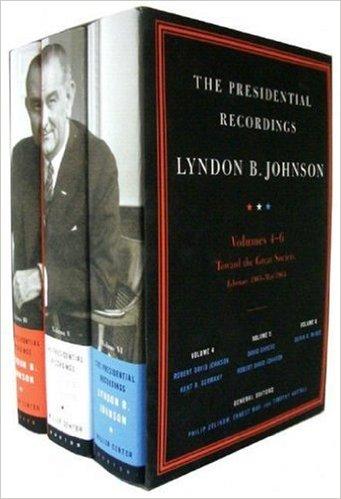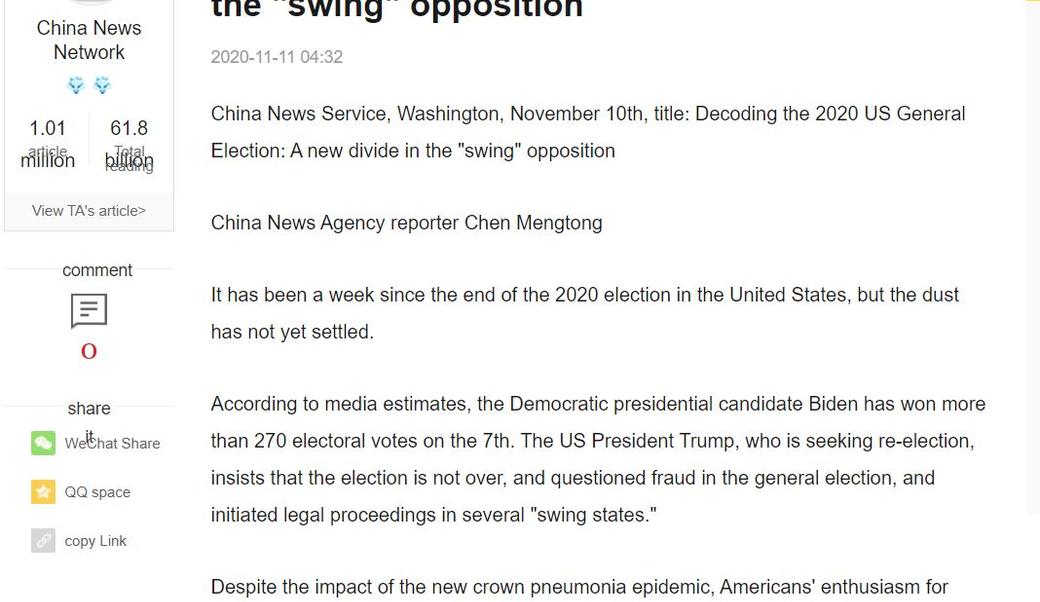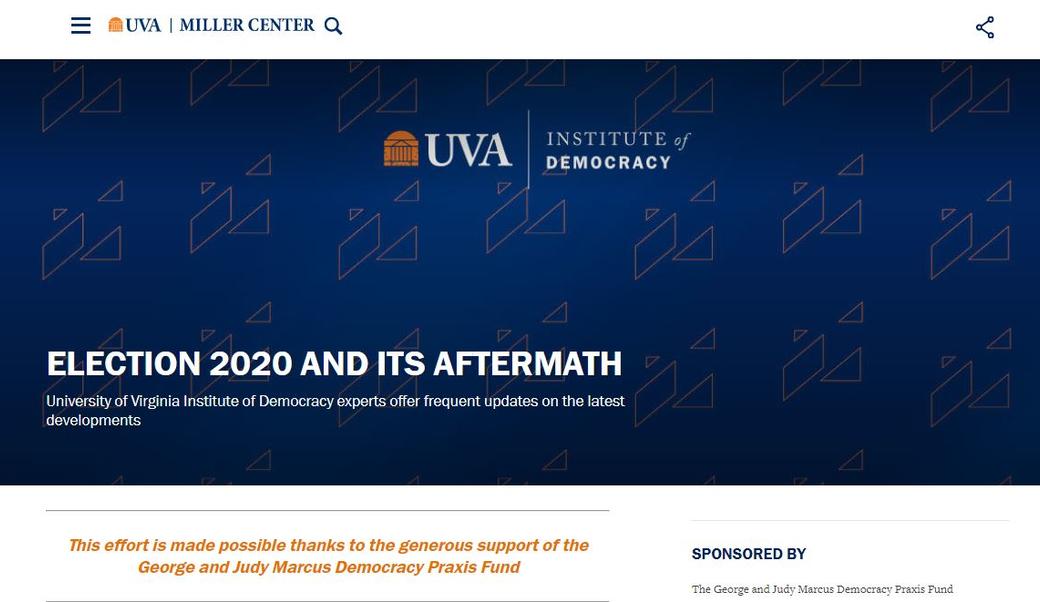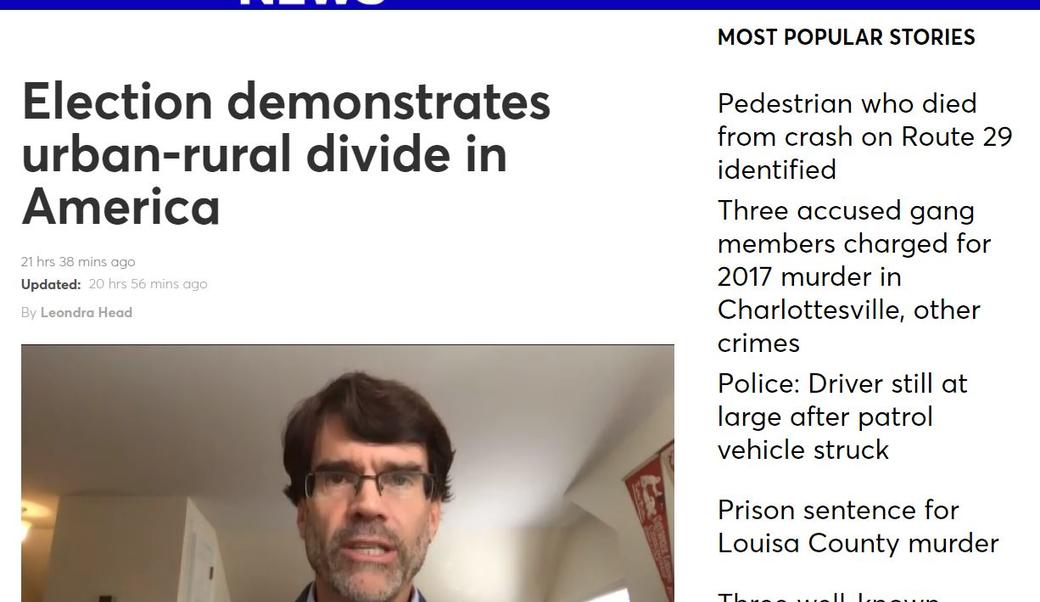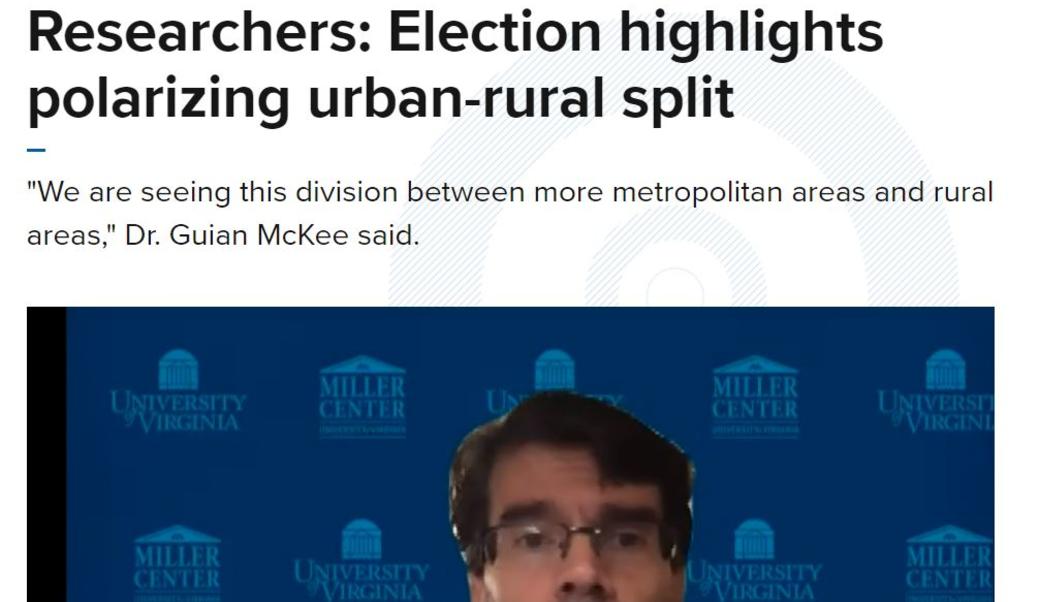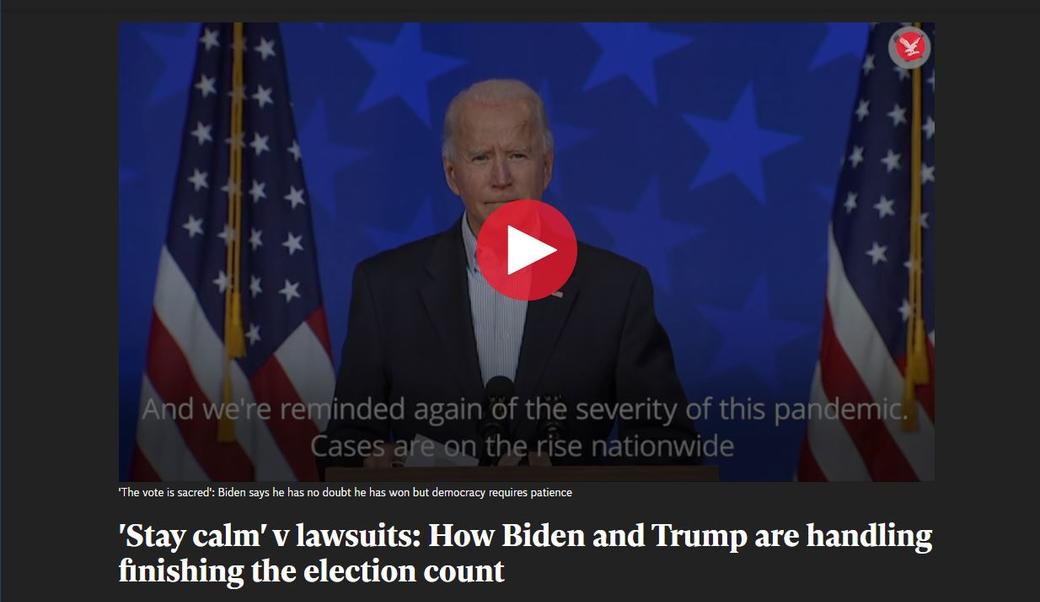Fast Facts
- Co-chair, Presidential Recordings Program
- Co-director, Health Care Policy Project
- Expertise on health care policy, Medicare, Medicaid, urban policy, industrial policy, the War on Poverty, the Great Society, Lyndon Johnson, John F. Kennedy
Areas Of Expertise
- Health
- Law and Justice
- Race and Racism
- Social Issues
- Economic Issues
- The Presidency
Guian McKee is the White Burkett Miller Professor of Public Affairs at the Miller Center. He earned a PhD in American history at the University of California, Berkeley in May 2002 and is the author Hospital City, Health Care Nation: Race, Capital, and the Costs of American Health Care, published in March 2023 by the University of Pennsylvania Press, as well as The Problem of Jobs: Liberalism, Race, and Deindustrialization in Philadelphia, published in 2008 by the University of Chicago Press. At the Miller Center, McKee is co-chair of the Presidential Recordings Program and also co-directs the Health Care Policy Project.
McKee’s research focuses on how federal policy, especially in the executive branch, plays out at the local level in American communities. He has written extensively about urban policy, including a book (The Problem of Jobs) that explored the connections between local and federal economic, urban renewal, and antipoverty policies in Philadelphia between the 1950s and the 1980s. This project led to his work on the Lyndon Johnson White House recordings focused on the War on Poverty, as well as on the wider development of the Great Society.
His new book, Hospital City, Health Care Nation: Race, Capital, and the Costs of American Health Care, recasts the story of the U.S. health care system by emphasizing its economic, social, and medical importance in American communities. Focusing on urban hospitals and academic medical centers, the book argues that the country’s high level of health care spending has allowed such institutions to become vital, if often problematic, economic anchors for communities. Yet that spending has also constrained possibilities for comprehensive health care reform over many decades, even after the passage of the Affordable Care Act in 2010. At the same time, the role of hospitals in urban renewal, in community health provision, and as employers of low-wage workers has contributed directly to racial health disparities.
Hospital City, Health Care Nation builds on McKee’s earlier work by connecting social, political, and economic developments in specific places (Baltimore provides a core case study for the book) with larger policy choices, especially those made by presidents (drawing on the Miller Center’s presidential oral histories). The book offers an alternative narrative of health care policy history – and of health care reform – by focusing on the consequences and importance of health care spending.
McKee has written about health care in a variety of venues, including a 2023 essay in The Hill about how state level cost control can reduce federal health spending without massive cuts to Medicare and Medicaid benefits. In August 2022, he published an essay in the Washington Post on how the health care components of the 2022 Inflation Reduction Act follow a pattern of significant but incremental change that has been typical of health policy development throughout U.S. history. An earlier op-ed explored how the Affordable Care Act built on conservative reform proposals from previous decades, leaving the Republicans with limited policy choices when they sought to repeal the Act in 2017. McKee’s work on health care also led to an essay on Lyndon Johnson and the passage of Medicare and Medicaid for the Miller Center’s First Year Project, for which he served as a co-editor of Volume 3 on Fiscal Policy and Volume 6 on Opportunity and Mobility.
As part of the Miller Center’s Presidential Recordings Program, McKee edited Volumes 6 and 7 of The Presidential Recordings of Lyndon B. Johnson. These volumes cover the period from mid-April to mid-June 1964, during which the Johnson administration lobbied for passage of the Civil Rights and Economic Opportunity Acts and struggled with increasing difficulties in Southeast Asia. He is also the editor of two thematic volumes that include all of Johnson’s recorded conversations about the War on Poverty, and co-editor of a two-volume series covering the election of 1964. These projects are published digitally by the University of Virginia Press through its Rotunda electronic imprint.
McKee has published articles in the Journal of Urban History, Journal of Policy History, Journal of Planning History, the Federal Reserve Bank of San Francisco’s Community Development Investment Center, the Washington Post, The Hill, the Boston Globe, USA Today, and U.S. News and World Report. In 2007, he delivered the keynote address at the conference "In the Shadow of the Great Society: American Politics, Culture and Society Since 1964," hosted by the Rothermere American Institute and the American History Research Seminar, University of Oxford, UK.
